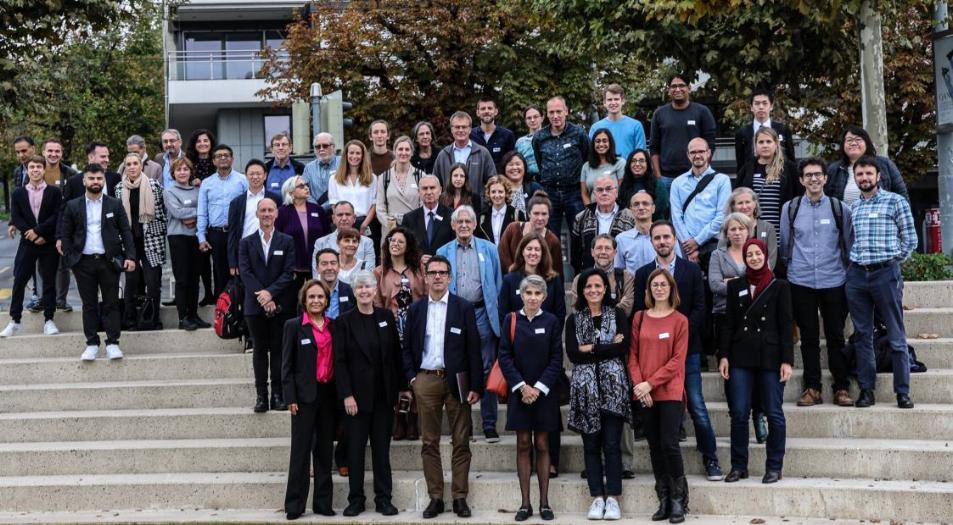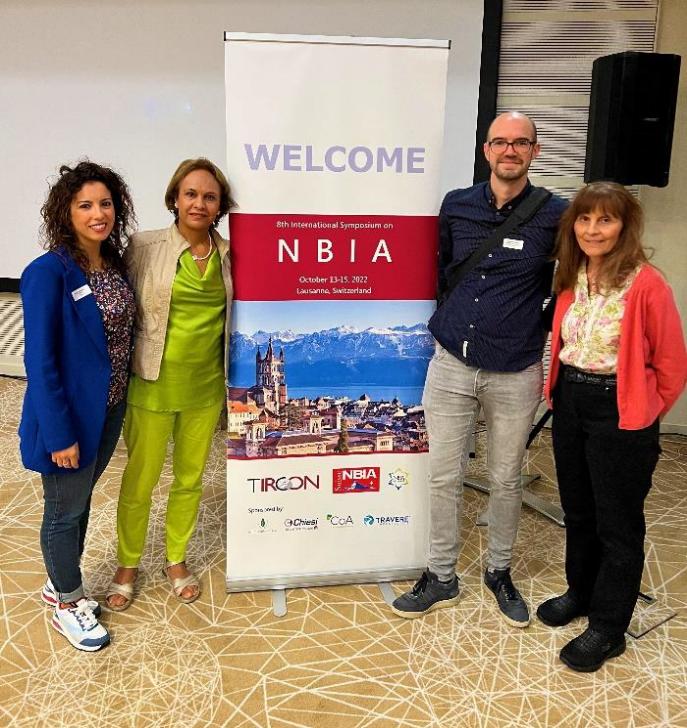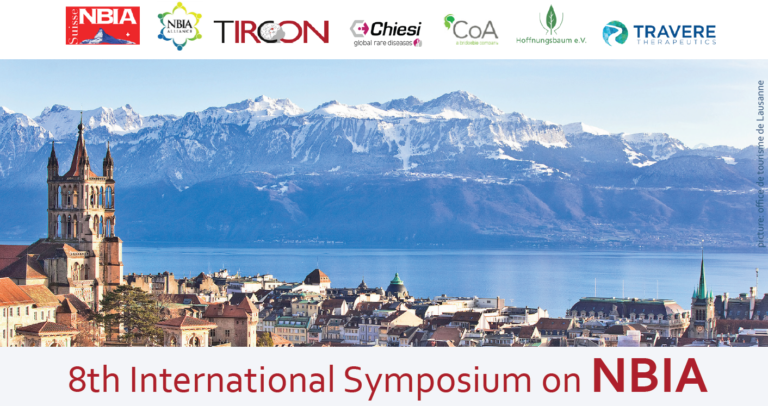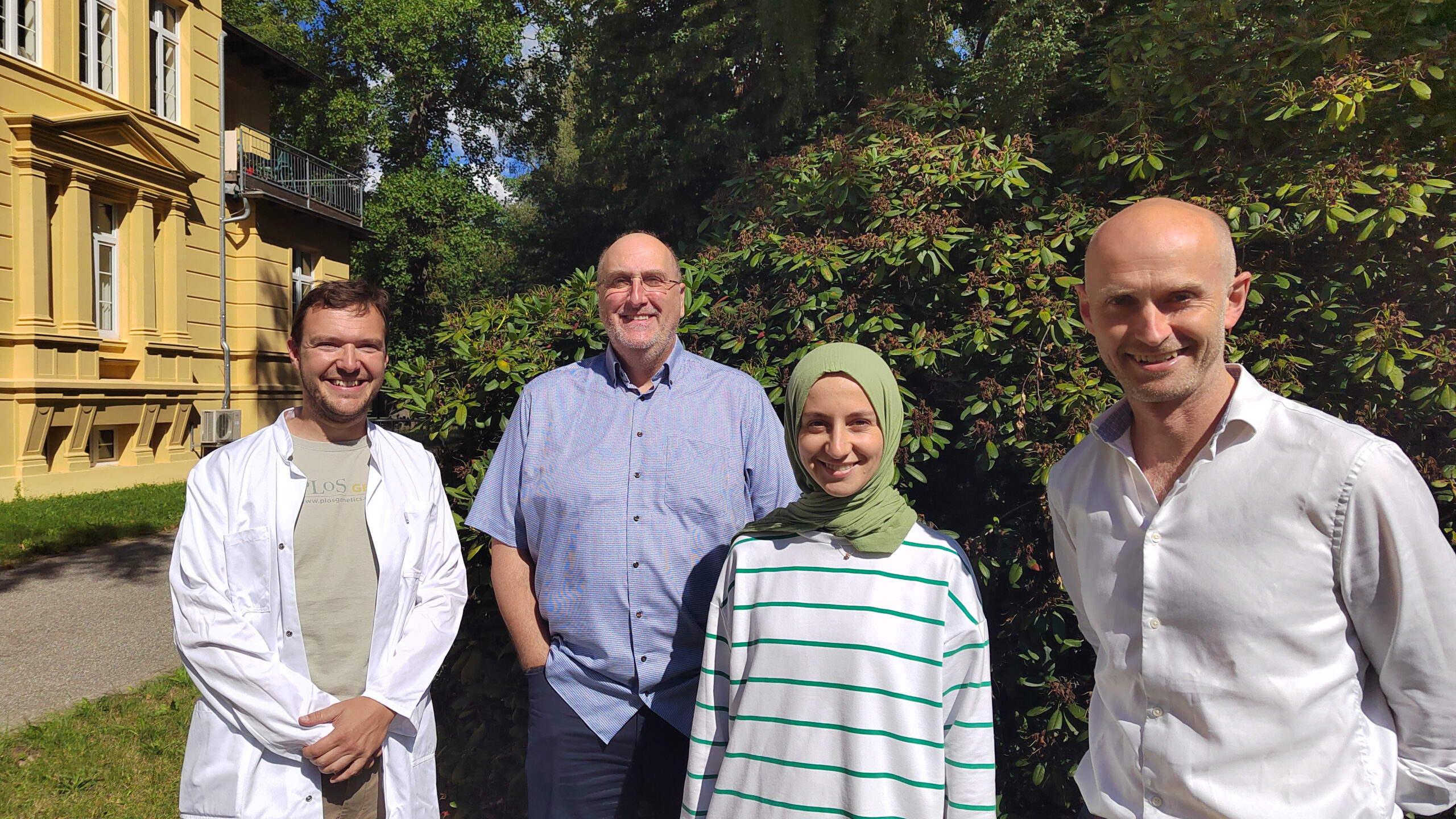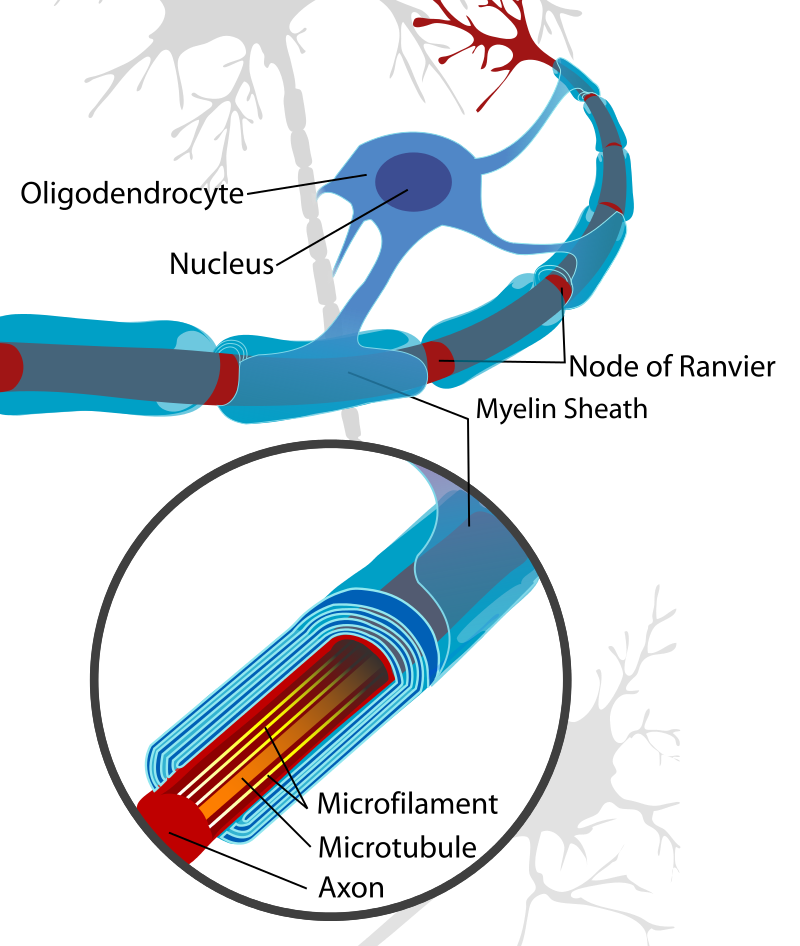CoA Therapeutics bricht Klinische Studie für PKAN ab
CoA Therapeutics bricht Klinische Studie für PKAN ab
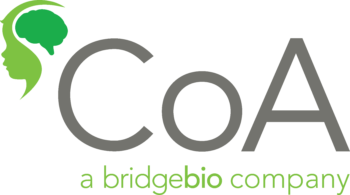
Übersetzung eines englischen Artikels von Amber Denton, Präsidentin der NBIA Disorders Association, aus dem Newsletter der NBIA Disorders Associacion
Schweren Herzens teilen wir der Gemeinschaft mit, dass CoA Therapeutics beschlossen hat, die klinische Studie zu BBP-671, dem Wirkstoff, den das Unternehmen als potenzielle Behandlung für Pantothenat-Kinase-assoziierte Neurodegeneration (PKAN) entwickelt hatte, einzustellen. Diese Entscheidung wurde getroffen, nachdem Studien gezeigt hatten, dass es nicht möglich war, eine Dosis für die klinische Studie zu finden, die ein angemessenes Gleichgewicht zwischen Sicherheit (Toxizität) und potenziellem klinischem Nutzen bietet.
Im März teilten wir mit, dass CoA Therapeutics eine Verzögerung ihrer klinischen PKAN-Studie bekannt gab, da zusätzliche Laborstudien zu BBP-671 erforderlich waren, um wichtige Informationen zur Dosierung und Sicherheit zu ermitteln. Eine große Herausforderung, die während dieser zusätzlichen Studien festgestellt wurde, war die große Variabilität der BBP-671-Spiegel im Blut, die bei Menschen beobachtet wurde. Personen, die die gleiche Dosis BBP-671 einnahmen, wiesen sehr unterschiedliche Blutkonzentrationen des Arzneimittels auf. Diese Inkonsistenz stellte ein erhebliches Risiko bei der Bestimmung einer angemessenen und sicheren Dosis für PKAN-Patienten dar.
Toxikologische Studien an PKAN-Tiermodellen trugen dazu bei, eine spezifische Sicherheitsgrenze bzw. einen Zielblutspiegel für BBP-671 festzulegen, der aufgrund von Sicherheits- und FDA-Vorschriften nicht überschritten werden darf. Es hat sich gezeigt, dass der für die Wirksamkeit erforderliche Zielblutspiegel gefährlich nahe an der Sicherheitsgrenze liegt.
BBP-671 wurde ursprünglich durch die Forschung des St. Jude Children’s Research Hospital in Memphis, Tennessee, entdeckt. CoA Therapeutics wird nun das Eigentum an BBP-671 und verwandten Substanzen an St. Jude zurückgeben. Alle Forschungsdaten werden ebenfalls weitergegeben, um jegliche zukünftige Forschung zu unterstützen.
Wir sind unendlich dankbar für die langjährige Partnerschaft mit CoA Therapeutics. Ihr Engagement für die NBIA-Gemeinschaft wird nicht vergessen werden. Wir schätzen ihre Leidenschaft und ihren Wunsch, eine Behandlung für unsere PKAN-Familien zu finden, und das Maß an Empathie und Entschlossenheit, das sie Jahr für Jahr im Interesse unserer Familien an den Tag legten.
CoA Therapeutics hat eine detaillierte offizielle Mitteilung veröffentlicht, die Sie zusammen mit einer herzlichen Botschaft an die Gemeinschaft lesen können:
CoA-Therapeutics-PKAN-Patient-Community-Update.pdf
Veröffentlichung und Übersetzung ins Deutsche mit freundlicher Genehmigung durch die NBIA Disorders Association.

